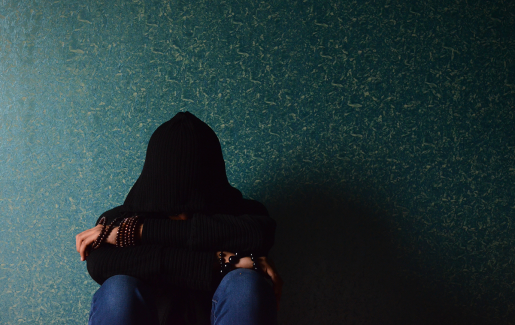The expression of depression differs between cultures.

Depression does not discriminate. While it can affect people of any age, race, gender, or ethnic background, it is valued differently across cultures.
“Depression is really something that manifests itself differently in different cultures. Culture will change the drug of despair, so we won't see the same signs in many cultures," said Dr. Asim Shah, professor and vice chair of the Menninger Division of Psychiatry and Behavioral Sciences at Baylor.
Culture dominates habits and feelings. Some cultures allow people to develop certain emotions easily, while others repress those emotions. According to Shah, some global reports indicate that depression is more prevalent in certain countries, such as major international locations such as the United States, China, India and Bangladesh. The United States, unlike other major international places, maintains cultural norms for the expression of melancholy feelings.
"The cultural norm that allows you to categorize your symptoms will lead to higher rates of depression in the US. Some cultures won't settle for depression as an illness and have cultural stigmas around it," Shah said.
Culture affects melancholy in two ways: expression and acceptance.
Expression: The way people characterize themselves is determined by cultural differences. Acceptance: Cultures have differences in the main ways they accept melancholia as an illness."The most common stigma around depression is that it's a 'rich people mentality' and when you have everything in the world you shouldn't be depressed," Shah said. "People often say 'get over it,' but you wouldn't say that to someone with another condition like diabetes."
Cultures that refuse to accept the blues as an illness do not understand that depression is two things:
Endogenous or biological discomfort: a chemical imbalance of neurotransmitters. You can have all the wealth in the world but have an internal problem with your channels that drives you crazy. Exogenous: Melancholy arising from external components, such as the loss of a spouse, job, or family member.Shah explains that being sensitive to a patient's culture is crucial for therapists. They must perceive their signs from a cultural perspective to effectively treat their patients. Some patient cultures may not accept melancholy, so they need to dig deeper to know the merits of their communities. Culturally sensitive elements that therapists need to know about embody cultural stigma on the person they treat, culture-specific signs, culture-specific neighborhood support, and culture-specific sources. Cultures have limitations such as religion, language, the acceptance of alternative treatments or medicines, or the disclosure of the diagnosis to the home.
Therapists should consider elements of cultural diversity when discussing psychological well-being and melancholia with clients:
Cultural awareness and knowledge. cultural imbalances cultural desire“Culturally sensitive therapists or psychiatrists are extremely important in treating despair. We want to understand their cultural aspects such as their values, beliefs, practices and language,” he said. "They have to have the awareness and the needs to work with completely different cultures and keep their biases off the table."
– By Homa Schalchi
